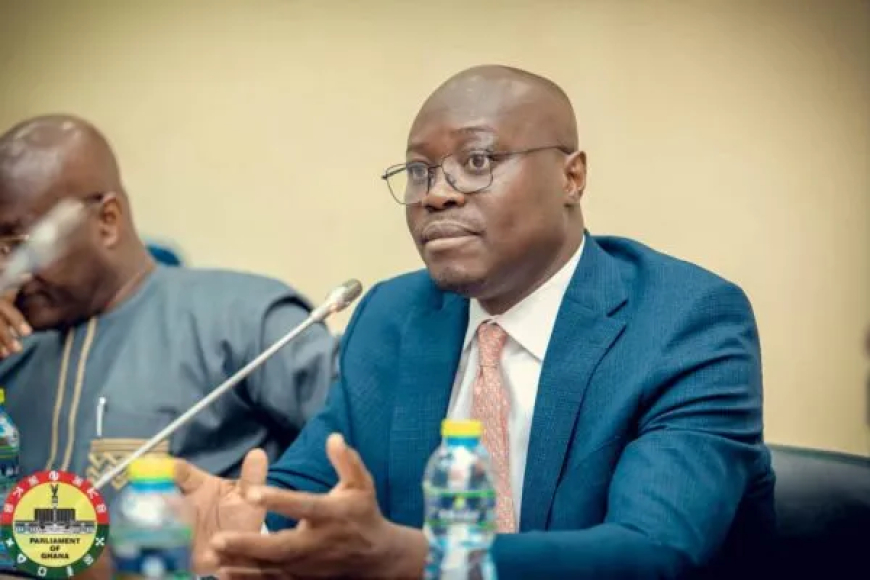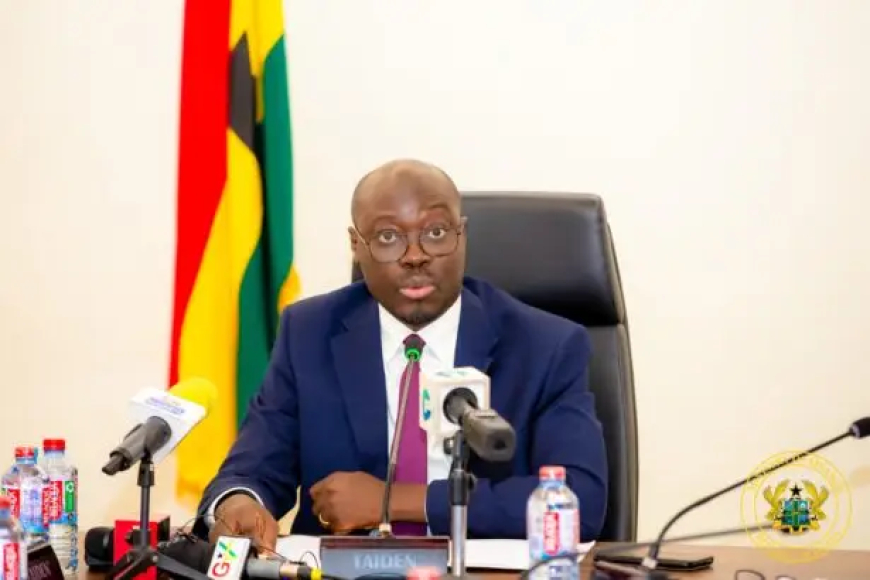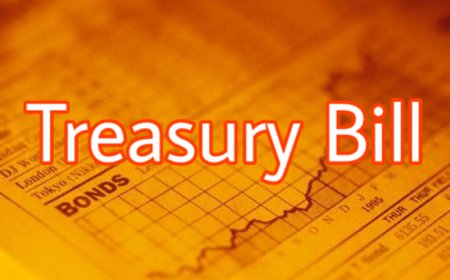Ghana’s Energy Sector Now Poses Greatest Economic Risk – Finance Minister Ato Forson Warns
By Top Knowledge Media | April 22, 2025 Ghana’s energy sector has emerged as the country’s most pressing economic vulnerability, according to Finance Minister Dr. Cassiel Ato Forson. In a recent policy disclosure following a strategic session with the World Bank in Washington, D.C., Dr. Forson warned that inefficiencies and mounting financial shortfalls threaten to destabilize Ghana’s broader economic recovery efforts.


Posting on X (formerly Twitter) after participating in the Ghana Energy Compact discussions under Mission 300, the Minister revealed that the sector is grappling with a crippling financial gap of $2 billion, an amount that surpasses Ghana’s entire domestic capital expenditure budget.
“Ghana’s energy sector is the single largest economic risk we currently face,” he stated.
“This challenge goes far beyond tariffs. The inefficiencies in the energy value chain—particularly in distribution—are being borne by ordinary citizens through high electricity costs.”
ECG at the Center of the Crisis
Dr. Forson pointed specifically to the Electricity Company of Ghana (ECG) as a critical actor in the sector’s dysfunction. He argued that if ECG were to address internal operational inefficiencies, it could cut the deficit by half, significantly reducing the sector’s financial strain.
“Reforming ECG is non-negotiable. Without it, every other measure will fall short,” Forson added.
Policy Reforms and Private Sector Entry
In response to the deepening crisis, the government has already begun implementing measures to restructure the sector. According to Dr. Forson, Cabinet has approved private sector participation, with a Legislative Instrument submitted to Parliament to enable competitive procurement of power infrastructure.
“We are focused on transparency, sustainability, and innovation in the energy space. The Ghana Energy Compact comes at a critical time, and we are committed to fast-tracking reforms,” he stated.
The compact aims to establish market-driven approaches, reduce systemic inefficiencies, and encourage investments that can improve power reliability and financial sustainability.
Broader Economic Implications
Dr. Forson’s remarks come at a pivotal moment for Ghana’s economy. Just last week, the country reached a staff-level agreement with the International Monetary Fund (IMF) during the fourth review of its economic support programme. This agreement is expected to unlock $370 million in additional financial assistance, boosting Ghana’s recovery trajectory.
Yet, Forson warns that unless the energy sector is urgently restructured, it could undermine gains made in fiscal discipline, inflation control, and economic stabilization.
“Time is of the essence. We must act with urgency to reverse this trend for the good of our economy and the wellbeing of our people,” he urged.
Conclusion: A Sector in Need of Urgent Rescue
Ghana’s energy crisis is more than a technical issue—it’s a macroeconomic threat with broad implications for development, social equity, and investor confidence. As stakeholders await the next steps in Parliament, all eyes remain on how swiftly the government can deliver on its reform pledges.
Stay with Top Knowledge Media Blog for the latest on Ghana’s energy reforms, economic strategies, and policy updates.

What's Your Reaction?


















































































